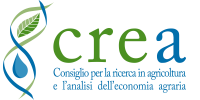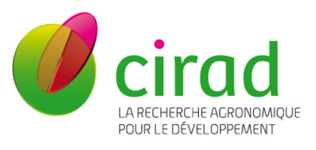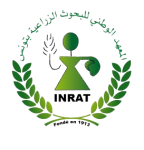ABOUT US




The overall objective of the CHANGE-UP project is to re-design innovative farming systems for the Mediterranean area more resilient to climate change and able to face and overcome adverse and unpredictable events while ensuring food security and sustainable farmers’ income. The capacity of crops to counteract climatic perturbations and to adapt to the changing conditions in the Mediterranean area is needed to ensure production stability over time, as well as the nutritional quality of the agricultural products. At the same time crops and farming systems should allow a more sustainable and efficient use of natural resources thus preserving the agroecosystems integrity. To this aim, CHANGE-UP will test a technological strategy based on the integration of Evolutionary Populations of cereals (EPs – barley, common wheat, durum wheat, triticale) under crop rotation with a range of leguminous plants and of New Perennial Grains (NPGs, perennial wheat lines). NPGs are new species obtained by hybridization and/or domestication holding great potential in ameliorating soil physical-chemical properties, biodiversity and food web composition. The longer growing season of NPGs, their more extensive root systems, and the permanent soil cover, make them more competitive against weeds and more effective at capturing nutrients and water. In addition, they protect soil against erosion and increase soil C storage. Cereal EPs possess a high degree of within crop genetic diversity (heterogeneity), thus holding an inherent higher buffering capacity than homogeneous varieties to adapt to various abiotic and biotic stresses. EPs are able to produce good and stable yields even when the availability of resources decreases or when climatic conditions become extreme.




















